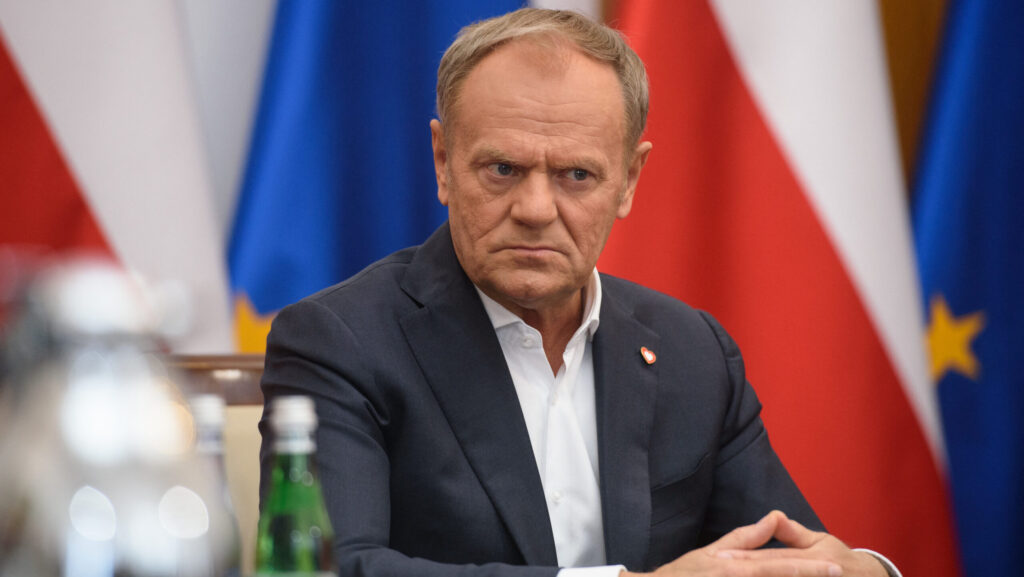A recent study conducted by Allianz has described 2022 as a challenging year for savers worldwide. Asset values exhibited a consistent decline, reflecting a scenario reminiscent of a substantial economic downturn. As a consequence of this negative trend, global household financial assets contracted by 2.7 per cent, marking the most significant downturn since the 2008 global financial crisis.
Bank Deposits Favoured Over Other Types of Savings
Despite this gloomy outlook, there are notable disparities in the growth rates among the three primary asset classes. While securities (-7.3 per cent) and insurance/retirement savings (-4.6 per cent) experienced substantial declines, bank deposits demonstrated robust growth, surging by 6.0 per cent. In summary, financial assets suffered a loss of 6.6 trillion euros, with total financial assets amounting to 233 trillion euros by the end of 2022. The decline was most prominent in North America (-6.2 per cent), followed by Western Europe (-4.8 per cent). In contrast, Asia, excluding Japan, continued to experience relatively brisk growth. China’s financial assets increased by a substantial 6.9 per cent. Nevertheless, when compared to the previous year (+13.3 per cent) and the long-term average over the past two decades (+15.9 per cent), this growth was disappointing, mainly due to the multiple lockdowns that left their mark.
Western European Nominal Gains Vanished in 2022
Despite these challenging losses, it is worth noting that global household financial assets at year-end still exceeded pre-Covid-19 pandemic levels by nearly 19 per cent, at least in nominal terms. When adjusted for inflation, the growth amounted to a modest 6.6 per cent over three years, with roughly two-thirds of it absorbed by rising prices. While most regions managed to maintain at least some real growth in wealth, Western Europe, by contrast, experienced a different trajectory: nominal gains vanished, and real wealth decreased by 2.6 per cent compared to 2019.
Silver Lining for Hungary
For Hungary, however, there is a silver lining in this otherwise gloomy scenario. Despite the slower growth rate compared to the previous year (13.7 per cent),
Hungarian household gross financial assets expanded significantly, by eight per cent in 2022.
This growth was primarily driven by a notable 12.1 per cent increase in securities. In contrast, insurance/retirement savings experienced a 2.8 per cent decline, while the growth of bank deposits significantly slowed, decreasing from 10.5 per cent in 2021 to 5.3 per cent. Changes in savings behaviour played a role, as Hungarian savers deposited less than half of the new funds (approximately 2.3 billion euros) into bank deposits. The total savings stock decreased by only 34.7 per cent, reaching 9.2 billion euros. Meanwhile, the proportion of investments in securities increased, reaching 6.4 billion euros in 2022. This surge in securities purchases represents a significant milestone for Hungarian households, demonstrating their increased appetite for investments.
In comparison to the pre-pandemic year of 2019, Hungary’s financial assets have grown by 38.2 per cent in nominal terms, showcasing its resilience. However, when accounting for inflation, this growth amounted to a modest 11.1 per cent over three years.
Hungary Climbs to 30th Place in Global Wealth Ranking
This positive trajectory in Hungary’s financial landscape has also had an impact on the nation’s global ranking in terms of wealth.
Hungary has advanced two positions, now sitting at 30th place among the world’s wealthiest nations,
demonstrating the country’s progress despite the challenging economic conditions.
In summary, while global financial markets faced a challenging year in 2022, Hungary’s rise in wealth rankings provides a glimmer of hope amid the turbulence. This underscores the resilience and determination of Hungarian savers and investors in navigating the ever-evolving financial landscape.
Related articles:
Sources: Hungarian Conservative/Allianz








